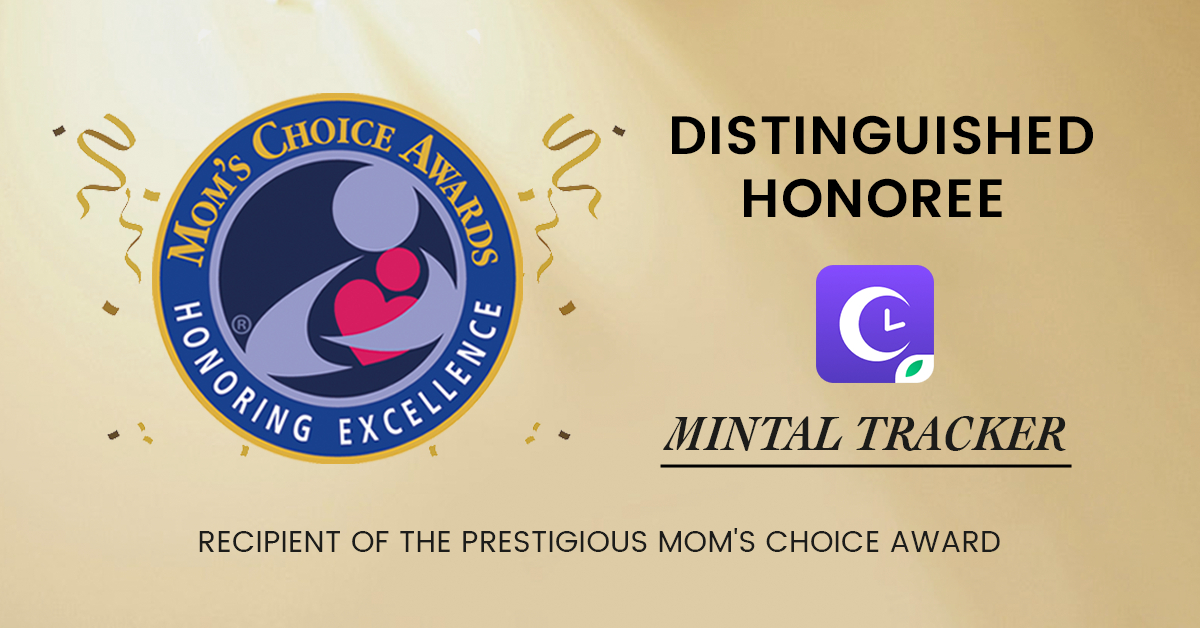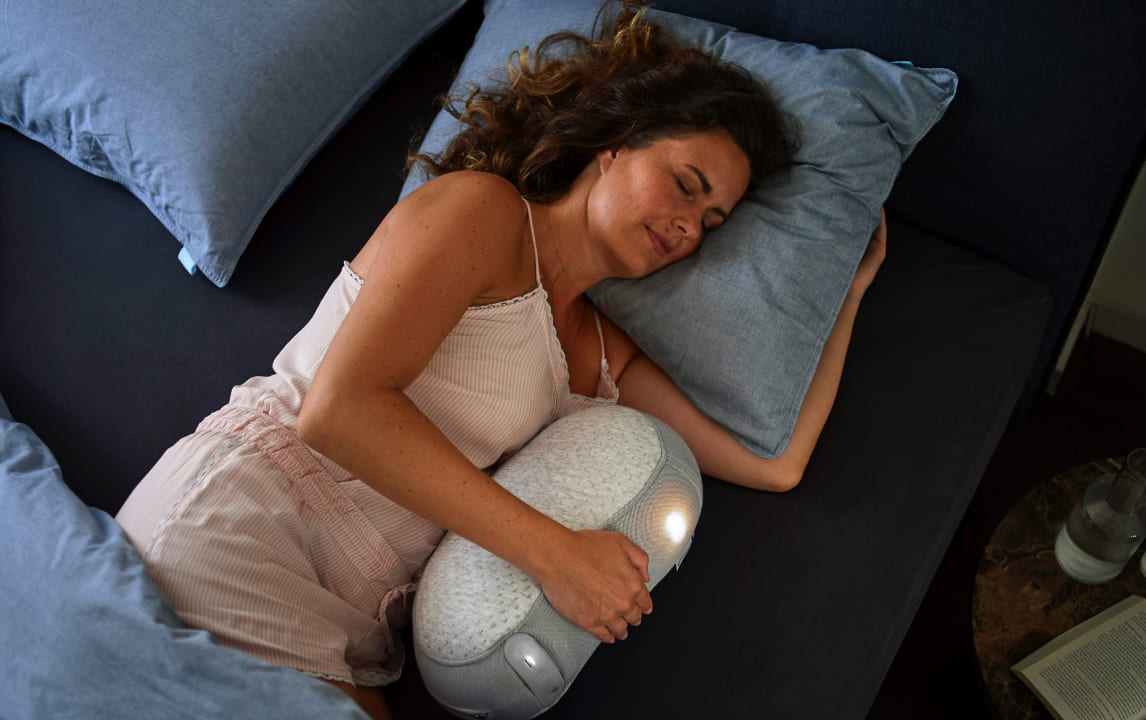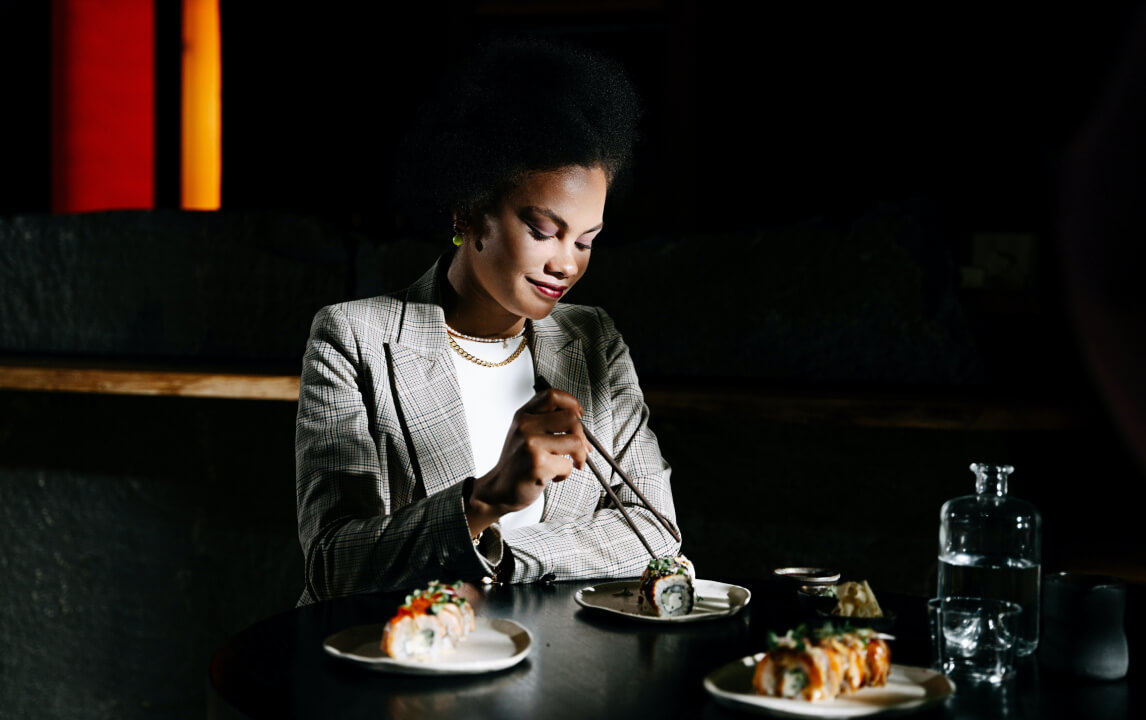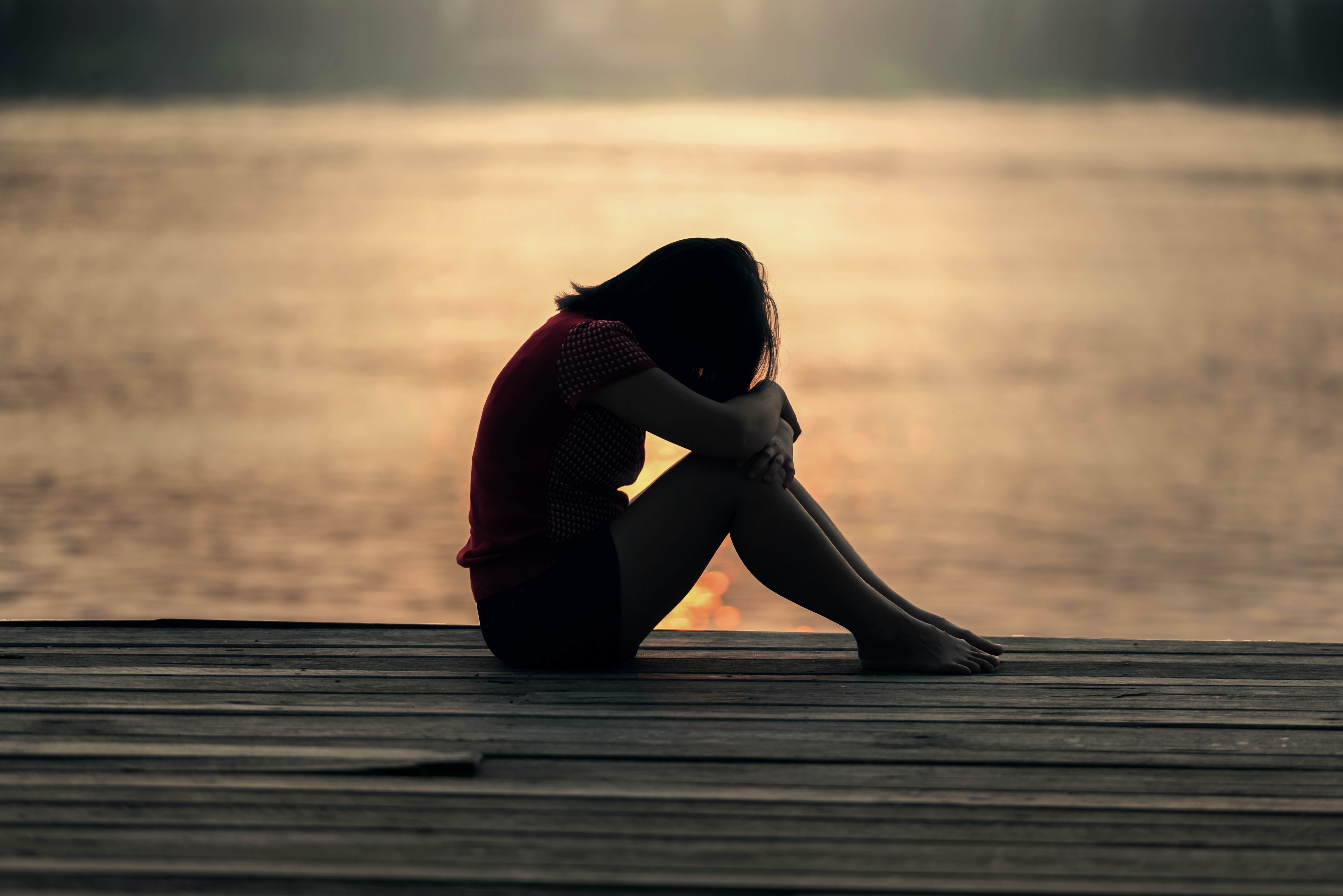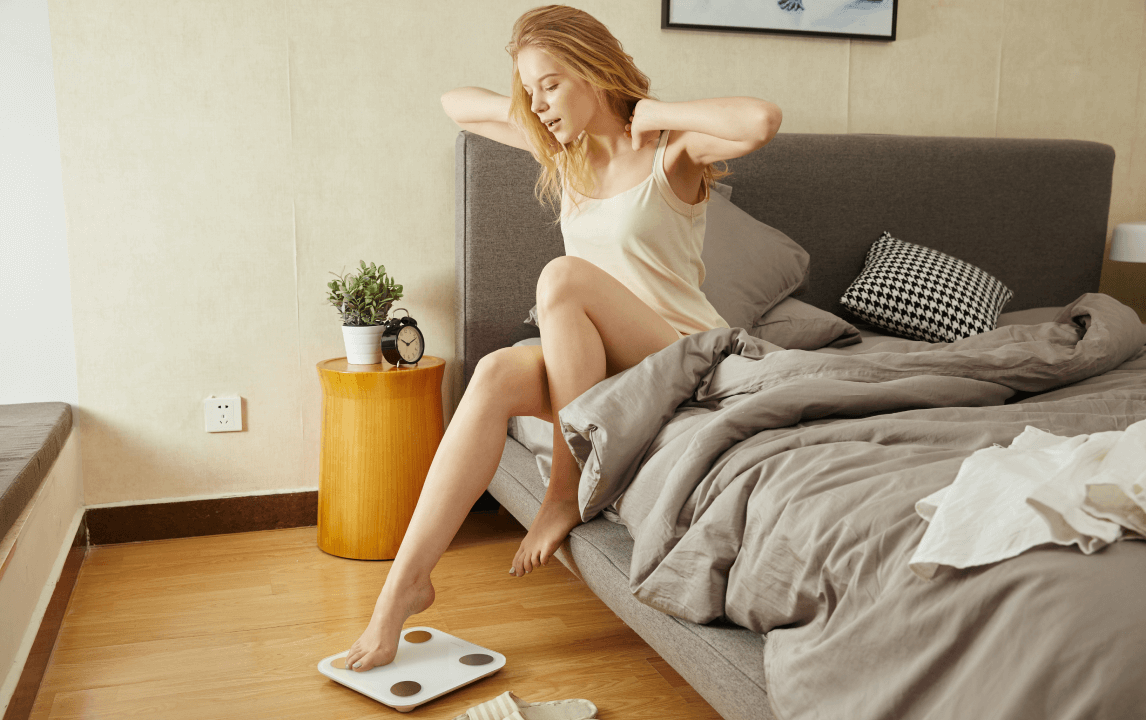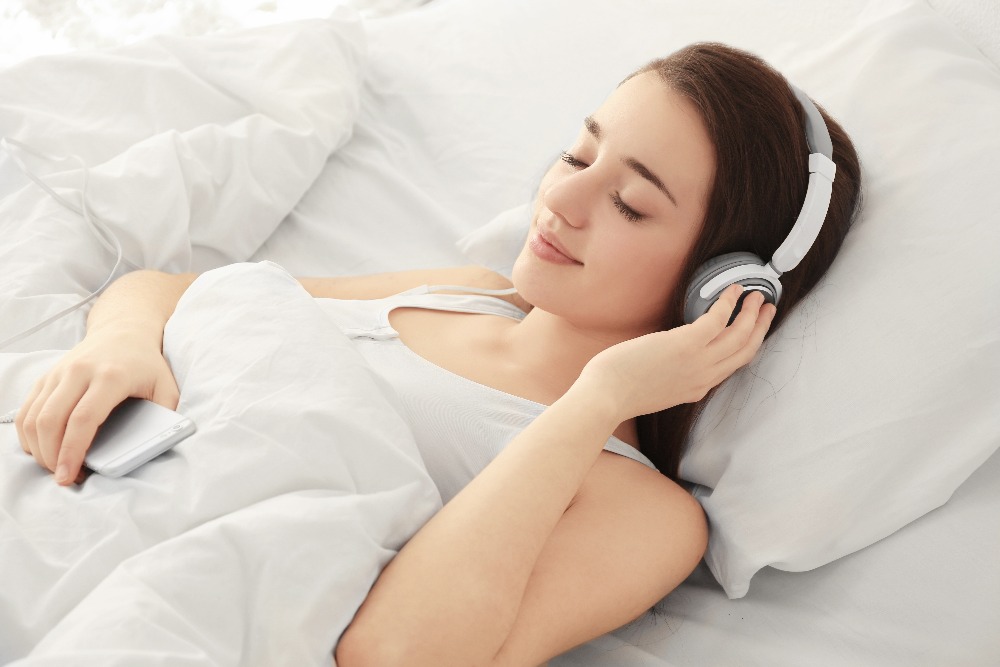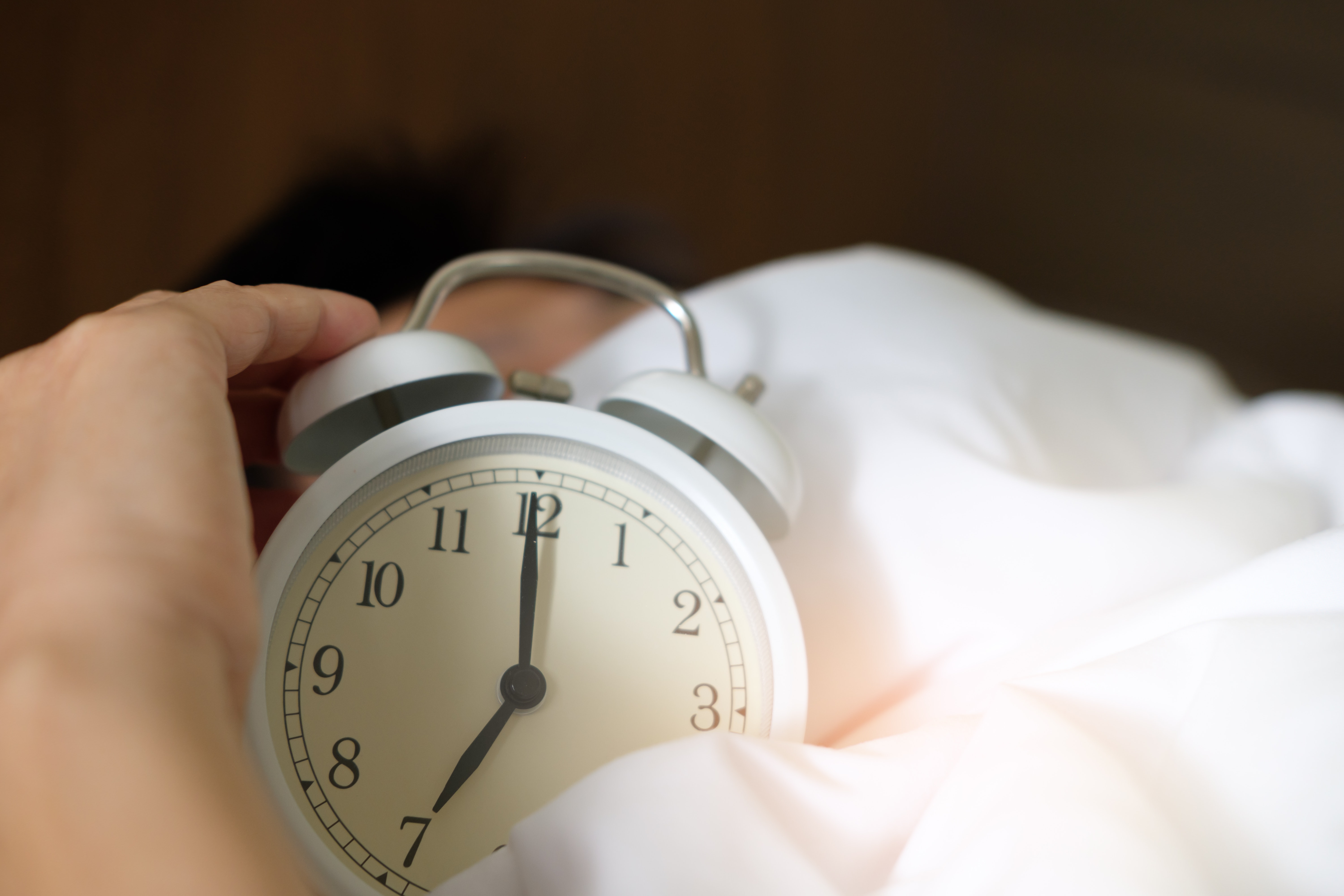Do you wake up naturally at 6 am? Go for a jog or shower, then breakfast, and be ready for a productive day by 8 am. You don’t mind being waken up in the morning and kick start your day. If that is you, then you’re a morning person or a “lark.”
Or do you struggle to get up in the morning and feel frustrated by even woken up by birds’ chirping? Even the closest friends will become your enemies if they dare to give you an early call before 10 am. If so, you’re the opposite of a morning person.
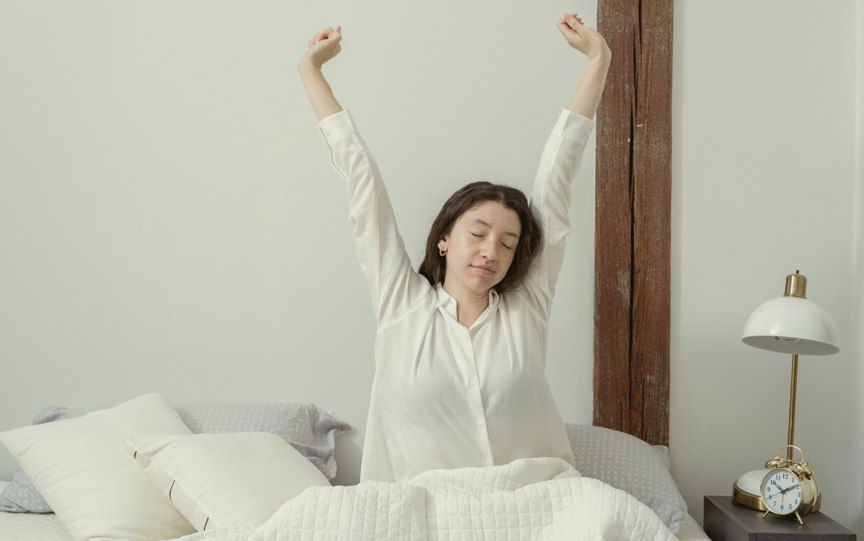
What Does Being A Morning Person Mean?
If you’re a morning person, you hardly need an alarm clock when you wake up in the morning. It’s not too hard for you to get up and start working, even if you don’t have anything specific to do. In fact, it’s a positive tendency on your part.
Morning person refers to people who wake easily from sleep. They are most productive and active in the morning. If you’re a morning person, your brain is most alert in the morning, and you’re usually pretty good at harnessing that energy and focus to get tasks, work, and chores done.
However, being a morning person means it’s hard to sleep in, even if you sleep late or don’t get a good night’s rest.
Does A Morning Person Relate to Sleep Pattern?
Various research has been done surrounding the issue. Are you a morning person or not?
Research shows a morning person has an early chronotype. Chronotypes is decided by our genes and affects your inclination of getting up early or late. That is why some of us can feel their best in the morning while others don’t.
In other words, if you are not genetically a morning person, it’s possible that you will never be one.
How Being A Morning Person Affects Sleep?
1. Normal Circadian Rhythm
If you’re used to getting up early, your body gets tired early. Your body adapts naturally to the circadian rhythm. You get accustomed to getting to bed early and rising early.
2. Enjoy quality sleep
Going to bed early gives your body enough time to go through all the 4-stages of sleep. And by the time your wake up. You’ll feel rejuvenated and well-rested. Sleeping early and waking up early allows your body to go through the 4-6 sleep cycles.
3. Lower risk of depression
New research shows that you’re at reduced risk of having depression if you’re a morning person. This is because morning people practice a healthy lifestyle. They eat healthily and exercise. Also, When you’re not depressed, you get quality sleep.
It’s good to be an early bird but it’s unnecessary to push yourself to be one if you’re not used to it. Our body has its own clock after all and once you set it, just follow the cycle and have a balanced lifestyle.
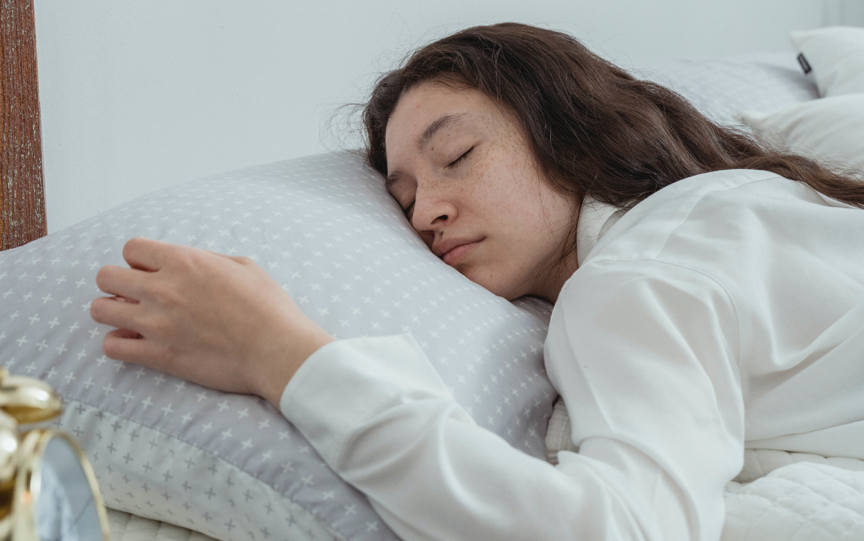
How to Becoming A Morning Person?
People change their sleep schedules for a variety of reasons. If you need to be a morning person because of school, career, family, or just because you want to, it might help to follow these tips:
- Practice good sleep hygiene
- Develop a nighttime routine
- Keep a consistent sleep schedule
- Gradually start going to bed earlier
- Create a morning routine
- Exercise regularly
- Use the light strategy
- Change your meal time
- Drink coffee carefully
Conclusion
Whether you’re a morning person or an evening person, you must take full advantage of your natural schedule and adjust your body clock to suit your workday.
